Supreme Court justice targets social media
Clarence Thomas calls for Facebook, Twitter, and Google to be regulated
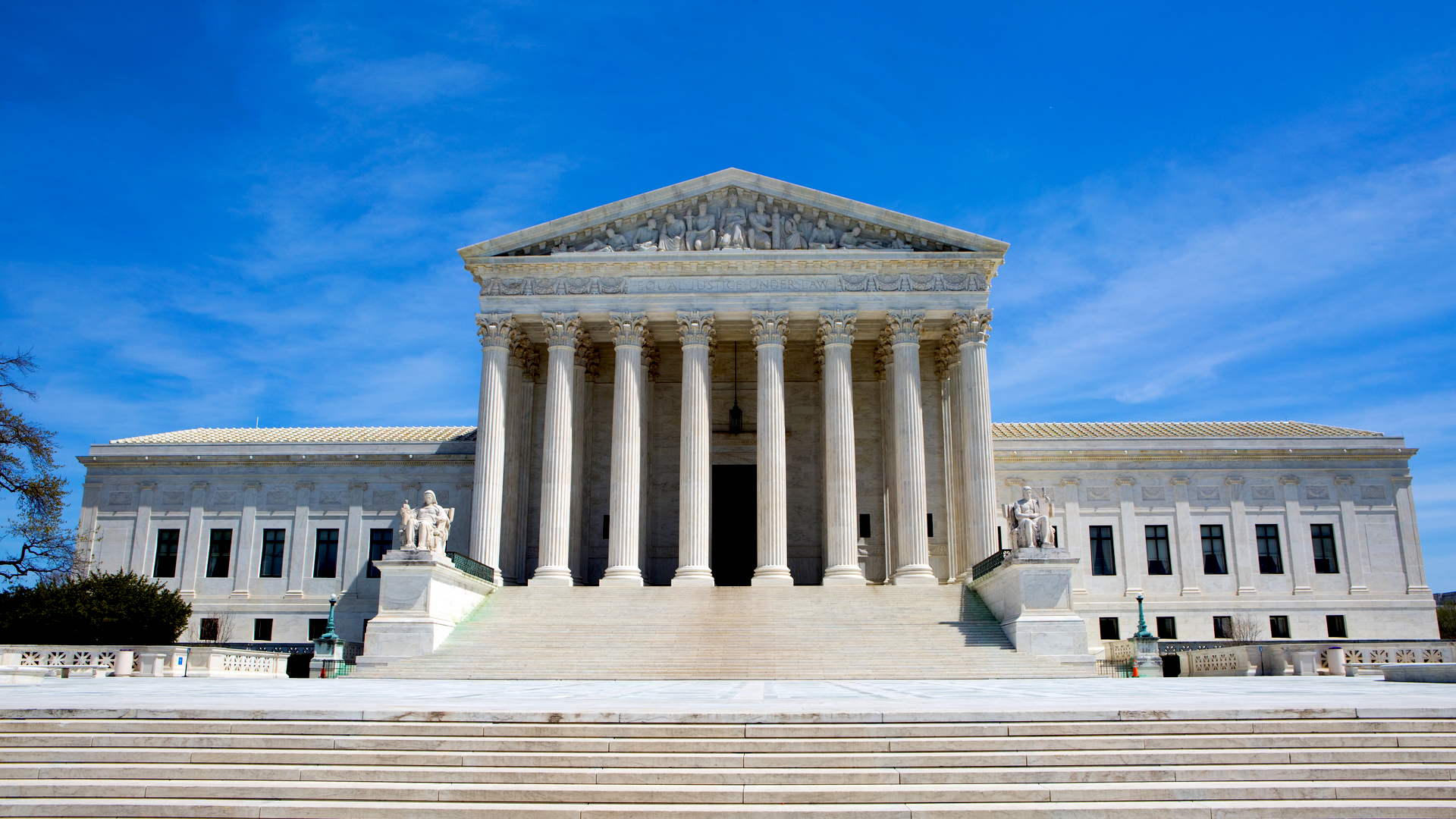
Sign up today and you will receive a free copy of our Future Focus 2025 report - the leading guidance on AI, cybersecurity and other IT challenges as per 700+ senior executives
You are now subscribed
Your newsletter sign-up was successful
In a provocative legal opinion, Supreme Court justice Clarence Thomas is calling for social media platforms like Twitter and Facebook to be far more heavily regulated, much like public utilities.
No other justices joined Thomas’ opinion, and Supreme Court watchers say the question is whether any other justices will embrace his stance in the future. However, Thomas predicted the Supreme Court would soon have “no choice” but to address the issue.
The conservative justice’s opinion came Monday as he agreed with a Supreme Court ruling to dismiss a case concerning former President Trump’s use of Twitter.
Among the nine Supreme Court justices, Thomas is known for controversial and idiosyncratic legal opinions. This one comes as power players in Washington, D.C. and Silicon Valley continue to butt heads over social media’s future and how it should be regulated.
Thomas previously called for reining in Section 230 immunity. Section 230 is a clause in the 1996 Communications Decency Act that offers companies broad protection from lawsuits over comments generated on their websites. It paved the way for the rise of large platforms like Facebook and other social media sites that thrive on user content.
In this latest legal opinion, Thomas criticized the concentration of so much power in the hands of so few owners at social media companies. He noted that Facebook has nearly three billion users, Google earned more than $180 billion last year, and Twitter has the power to remove anyone from its platform — “even the President of the United States.”
He argued that social media giants “provide avenues for historically unprecedented amounts of speech,” but they also put control “of so much speech in the hands of a few private parties.”
Sign up today and you will receive a free copy of our Future Focus 2025 report - the leading guidance on AI, cybersecurity and other IT challenges as per 700+ senior executives
“If part of the problem is private, concentrated control over online content and platforms available to the public, then part of the solution may be found in doctrines that limit the right of a private company to exclude,” Thomas wrote.
RELATED RESOURCE
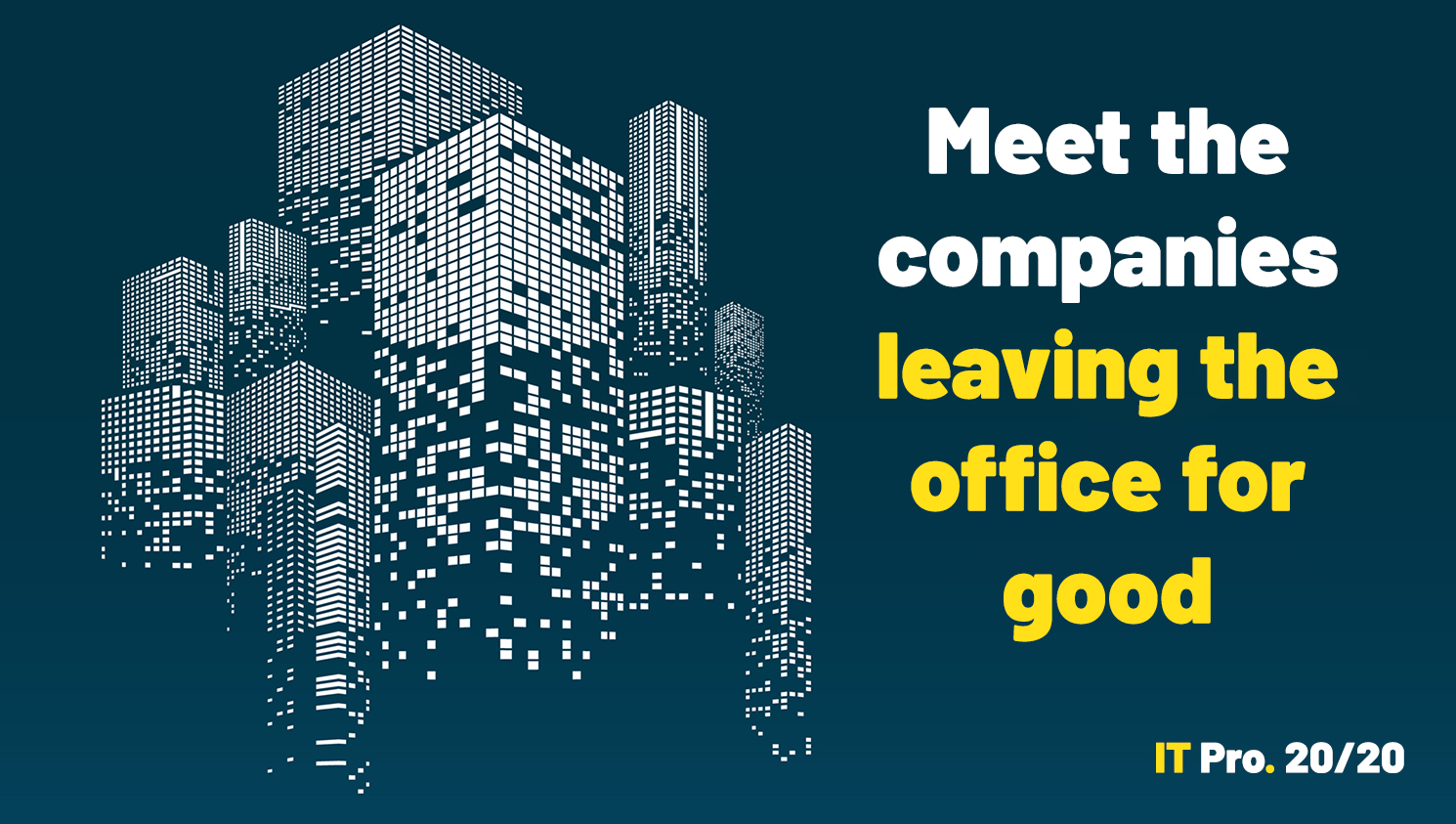
IT Pro 20/20: Meet the companies leaving the office for good
The 15th issue of IT Pro 20/20 looks at the nature of operating a business in 2021
He suggested that social media companies should be viewed as “common carriers,” like phone companies and railroads, that are subject to government regulations because of the essential services they provide to the public.
There is some political support for this idea on Capitol Hill, where lawmakers on both sides of the aisle discuss regulating social media companies - although they give different reasons for wanting to do so. Republicans talk of fighting perceived anti-conservative bias, while Democrats are interested in holding companies liable for dangerous misinformation.
However, social media companies and First Amendment experts argue that more government regulation won’t help and could even make matters worse. They also say rewriting the laws governing social media could change the internet in profound and unpredictable ways.
-
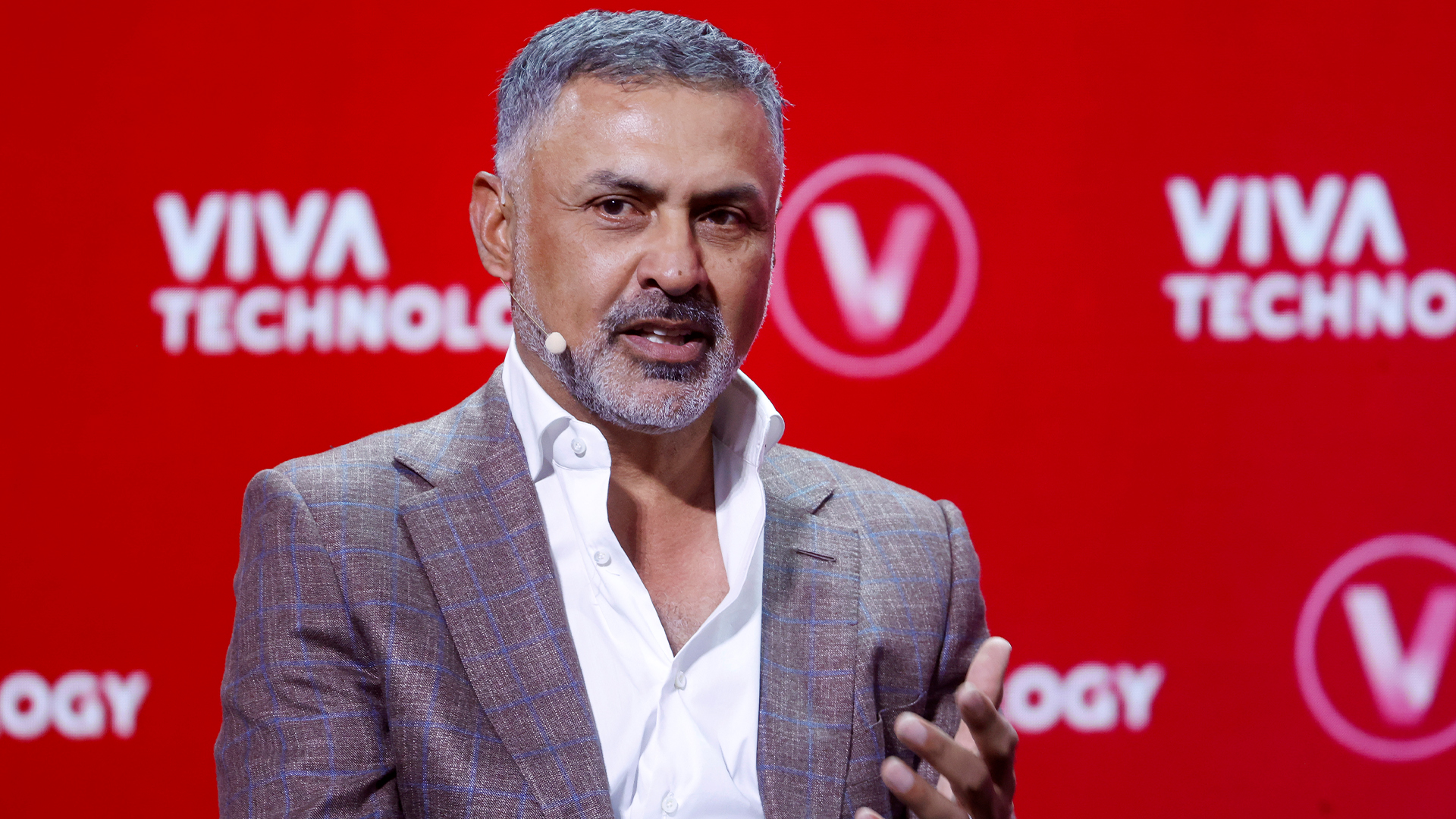 Palo Alto Networks CEO hails ‘the end of identity silos’ as firm closes CyberArk acquisition
Palo Alto Networks CEO hails ‘the end of identity silos’ as firm closes CyberArk acquisitionNews Palo Alto Networks' CEO Nikesh Arora says the $25bn CyberArk acquisition heralds "the end of identity silos" for customers, enabling them to supercharge privileged access management.
-
 Google says hacker groups are using Gemini to augment attacks
Google says hacker groups are using Gemini to augment attacksNews Google Threat Intelligence Group has shut down repeated attempts to misuse the Gemini model family
-
 UK’s ‘Tech Prosperity Deal' with US hits rocky ground
UK’s ‘Tech Prosperity Deal' with US hits rocky groundNews The US has reportedly threatened to pull out of the deal over the Digital Services Tax and broader economic disagreements
-
 ‘The UK must position itself as the destination of choice’ in wake of H-1B visa crackdown, tech policy group says
‘The UK must position itself as the destination of choice’ in wake of H-1B visa crackdown, tech policy group saysNews The UK has a massive opportunity to capitalize on the US government’s H-1B visa changes
-
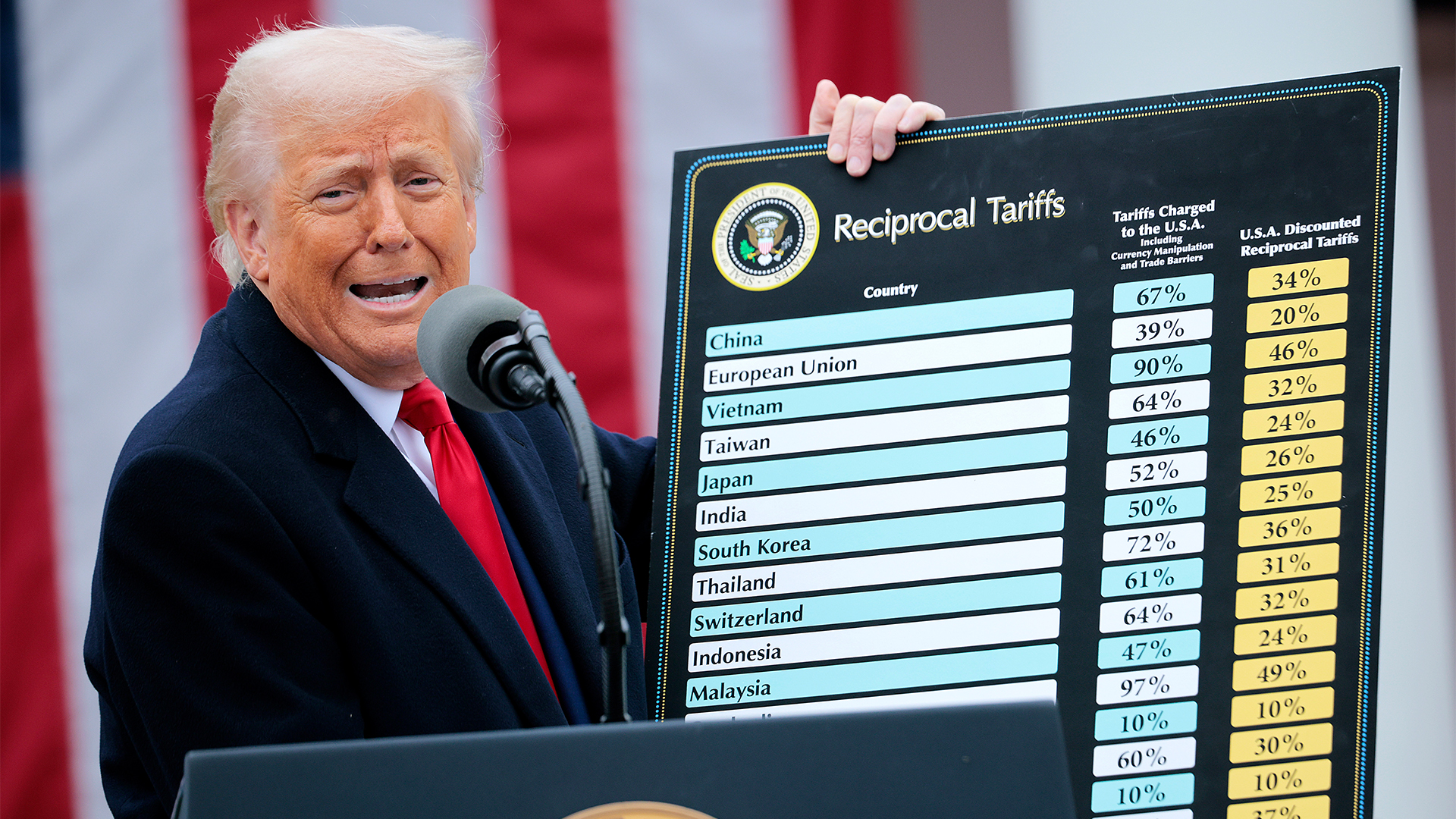 IDC warns US tariffs will impact tech sector spending
IDC warns US tariffs will impact tech sector spendingNews IDC has warned that the US government's sweeping tariffs could cut global IT spending in half over the next six months.
-
 US government urged to overhaul outdated technology
US government urged to overhaul outdated technologyNews A review from the US Government Accountability Office (GAO) has found legacy technology and outdated IT systems are negatively impacting efficiency.
-
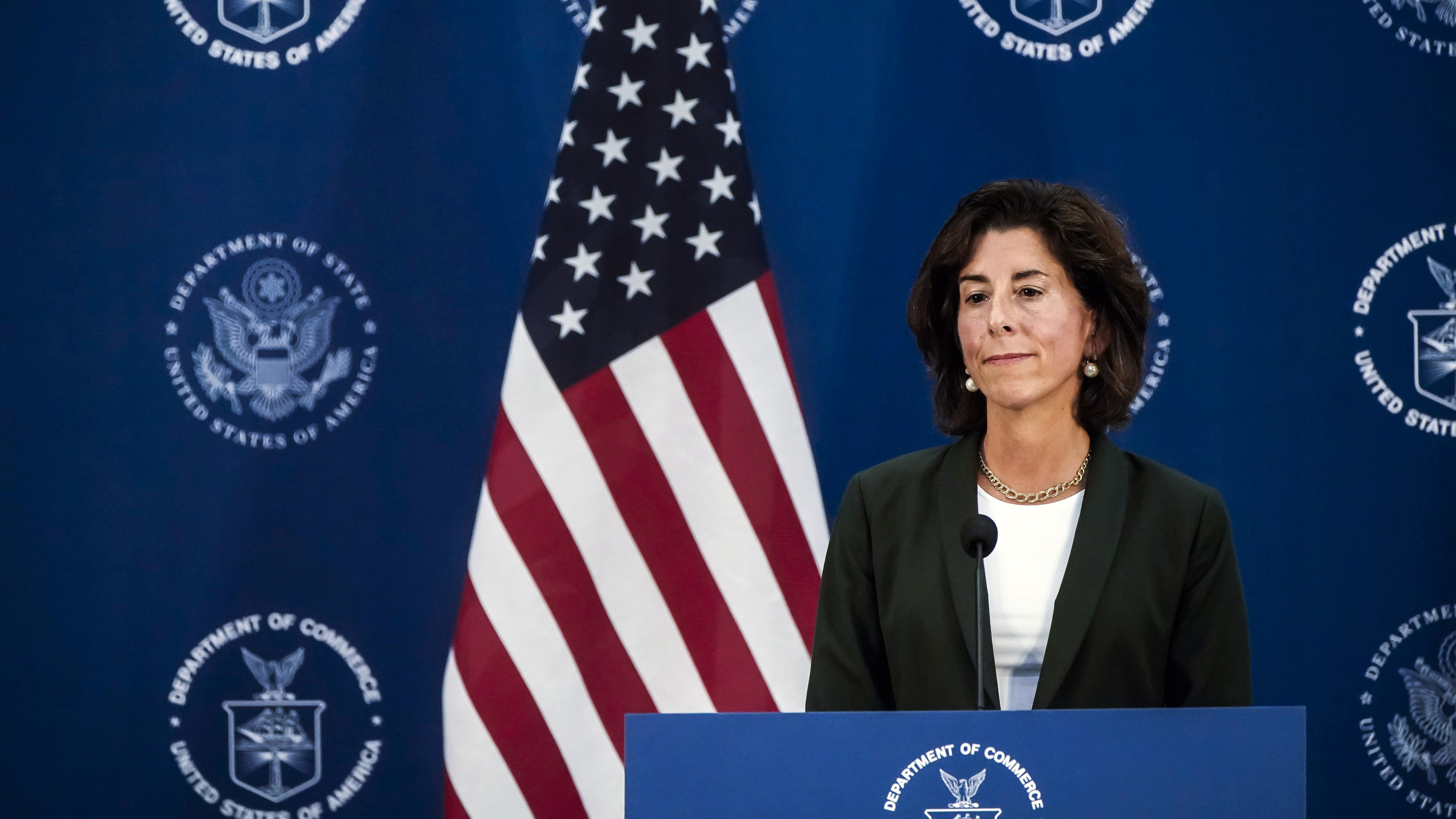 US proposes new ‘know-your-customer’ restrictions on cloud providers
US proposes new ‘know-your-customer’ restrictions on cloud providersNews The US aims to stifle Chinese AI competition with new restrictions on cloud providers to verify foreign data center users
-
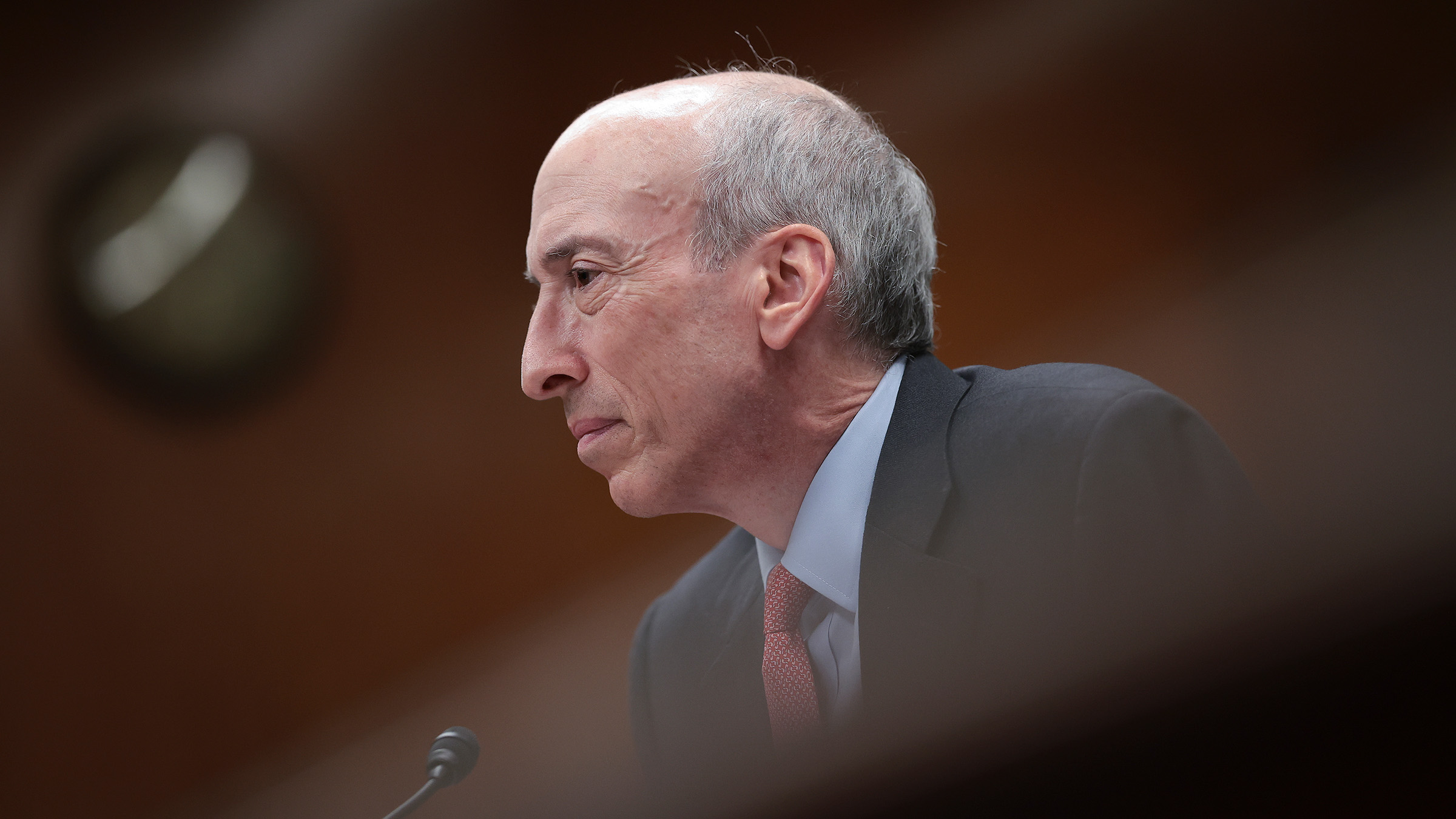 SEC passes rules compelling US public companies to report data breaches within four days
SEC passes rules compelling US public companies to report data breaches within four daysNews Foreign entities trading publicly in the US will also be held to comparative standards
-
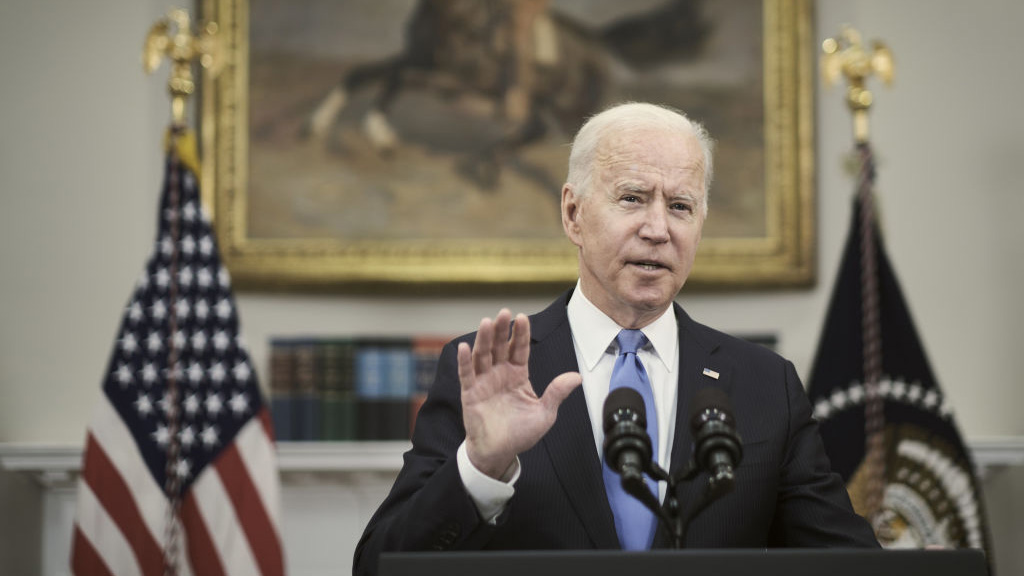 US says National Cybersecurity Strategy will focus on market resilience and private partnerships
US says National Cybersecurity Strategy will focus on market resilience and private partnershipsNews The recently announced implementation plans alow for more aggressive action against ransomware gangs
-
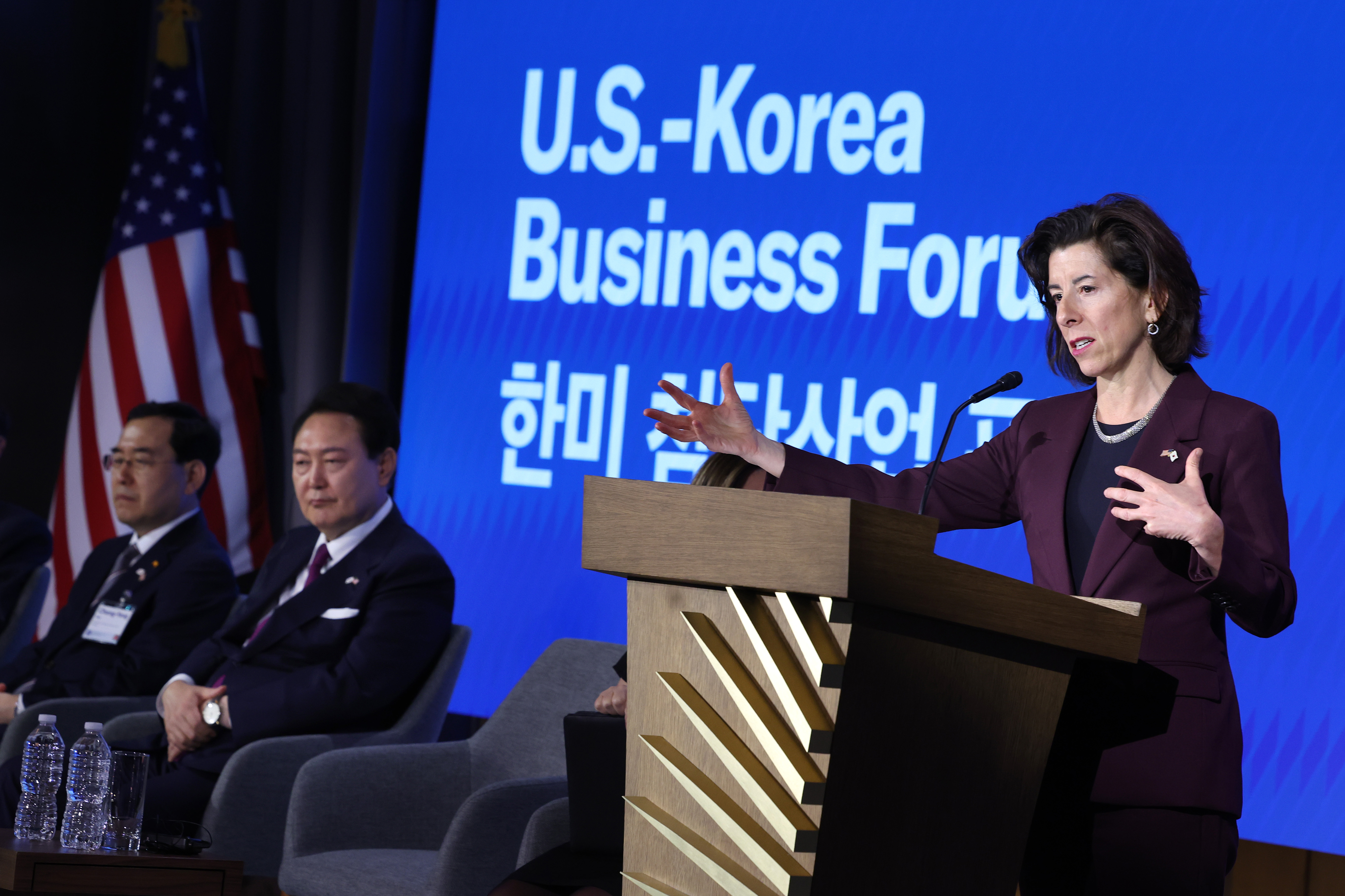 US ‘Tech Hubs’ drive aims to boost innovation in American heartlands
US ‘Tech Hubs’ drive aims to boost innovation in American heartlandsNews The development of the hubs will could help drive regional innovation and support for tech companies